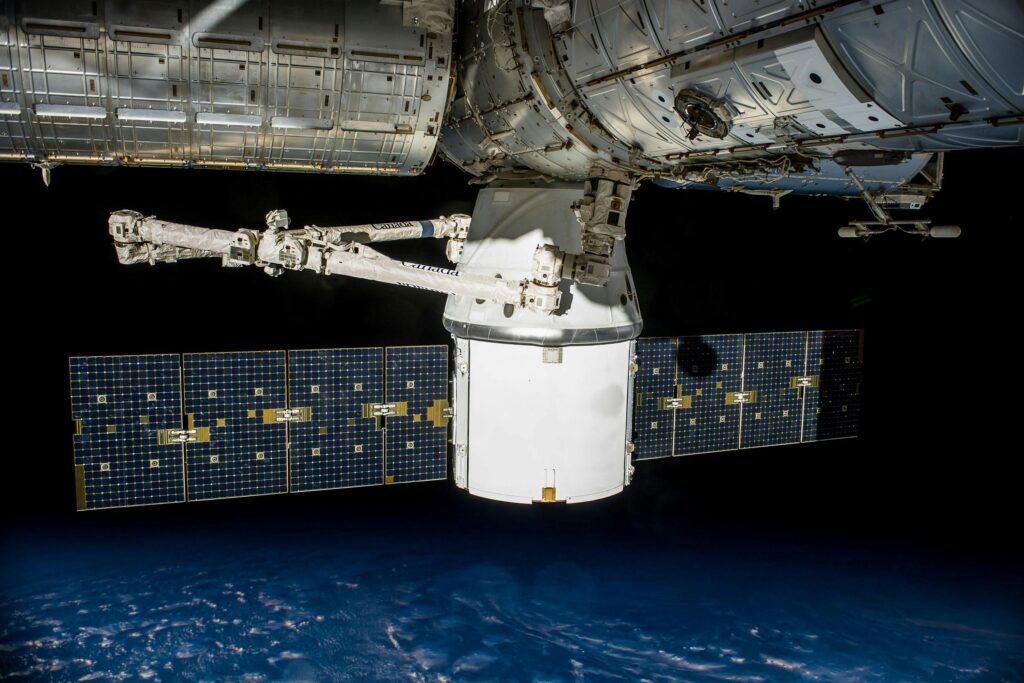- Politics
- Axiom Mission 4
- By Manohar Patil
Axiom Mission 4: A New Era of Private Spaceflight and Global Collaboration
The Axiom Mission 4 (Ax-4) marks a pivotal moment in the rapidly evolving landscape of private spaceflight and international collaboration, demonstrating humanity’s collective ambition to explore and utilize low Earth orbit. Launched by Axiom Space in partnership with NASA and SpaceX, this mission is not just another trip to the International Space Station (ISS) but a testament to the democratizing access to space and fostering groundbreaking scientific research.
A Diverse Crew Charting New Territory
At the heart of the Axiom Mission 4 is its incredibly diverse crew, representing nations making significant strides in human spaceflight. Commander Peggy Whitson, a former NASA astronaut and Axiom Space’s Director of Human Spaceflight, leads the crew. She is joined by Shubhanshu Shukla, India’s second astronaut in space and the first to reach the ISS, making this mission historically significant for India’s burgeoning space program. Also aboard are Sławosz Uznański-Wiśniewski of Poland and Tibor Kapu of Hungary, whose participation marks their respective nations’ return to human spaceflight after over four decades. This multinational crew underscores the mission’s objective to strengthen global partnerships in space exploration, showcasing a future where space is a shared frontier, not just for a few select nations.
Pioneering Research in Microgravity
Beyond the historical significance of its crew, Axiom Mission 4 is a powerhouse of scientific inquiry. The astronauts are slated to conduct a wide array of experiments during their approximately two-week stay on the ISS, focusing on critical areas such as human physiology, materials science, and Earth observation. For instance, Indian astronaut Shubhanshu Shukla will lead pioneering India-specific experiments, including studies on “water bears” (tardigrades) to understand their remarkable adaptation to microgravity, and research into edible microalgae as a potential nutrient source for future long-duration missions.
Other key investigations include studying the impact of spaceflight on psychological well-being and mental health, advancing diabetes management in space, and continuing research into cancer growth in microgravity to identify early warning signs and new targets for drug development. These experiments are designed to enhance our understanding of the space environment’s effects on the human body, develop new technologies, and contribute to scientific advancements that benefit life on Earth. The data collected will be invaluable for future missions, including long-duration journeys to the Moon and Mars, and for the development of commercial space stations.
The Future of Commercial Space Exploration
Axiom Mission 4 is a critical step in Axiom Space’s larger vision of establishing the first commercial space station. As government agencies like NASA increasingly transition from being sole operators to becoming customers of commercial space services, missions like Ax-4 demonstrate the feasibility and growing capabilities of the private sector in space. This shift is crucial for fostering a robust low Earth orbit economy, allowing for more frequent and diverse access to space for research, manufacturing, and even space tourism.
The successful launch and docking of Axiom Mission 4 with the ISS, facilitated by SpaceX’s reliable Crew Dragon spacecraft, highlight the increasing collaboration between traditional space agencies and private companies. This partnership model promises to accelerate innovation, reduce costs, and open up unprecedented opportunities for humanity in the final frontier. As the Ax-4 crew continues its groundbreaking work on the ISS, it sets a precedent for future commercial endeavors, solidifying the role of private spaceflight in shaping the next chapter of human exploration.
Share this Article
WhatsApp
LinkedIn
Telegram
Email
Get Daily Updates to Your Inbox
Subscribe to News Letter
Advertisement


